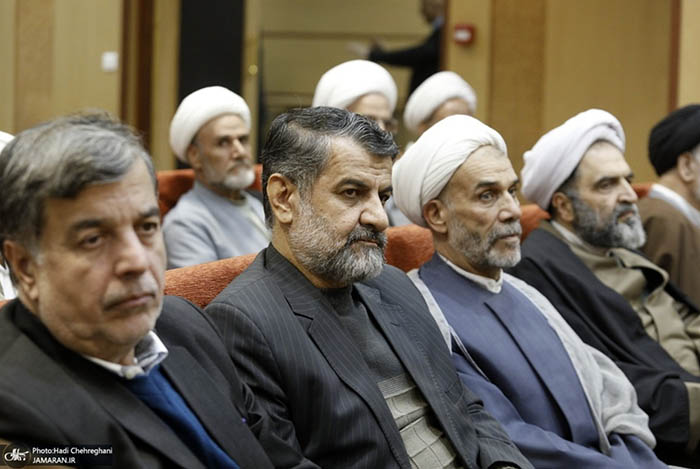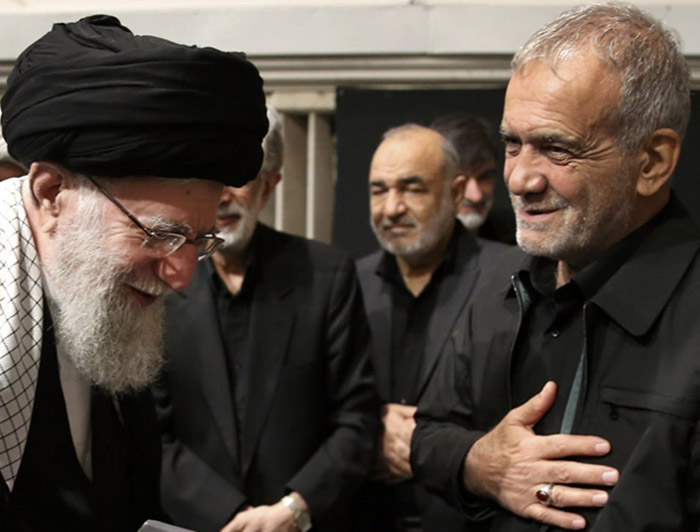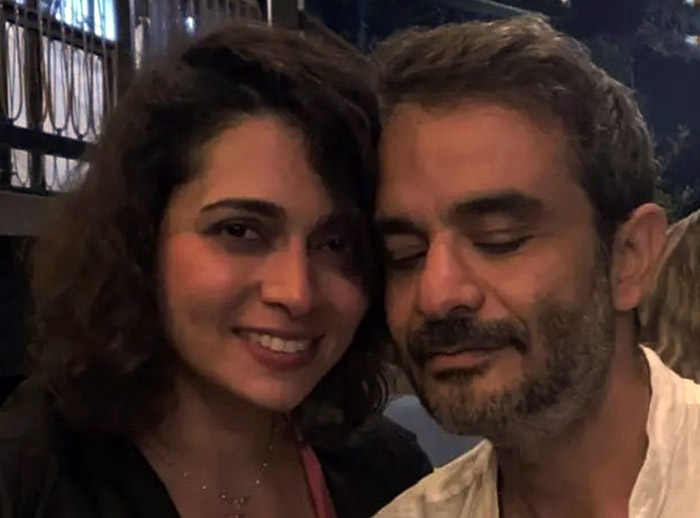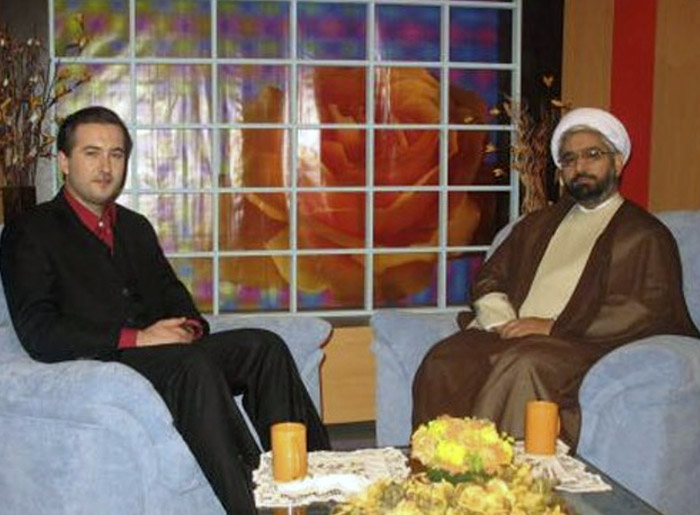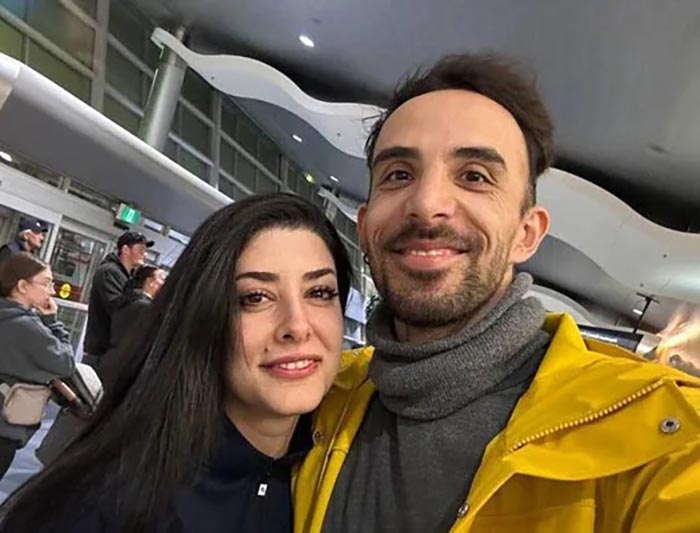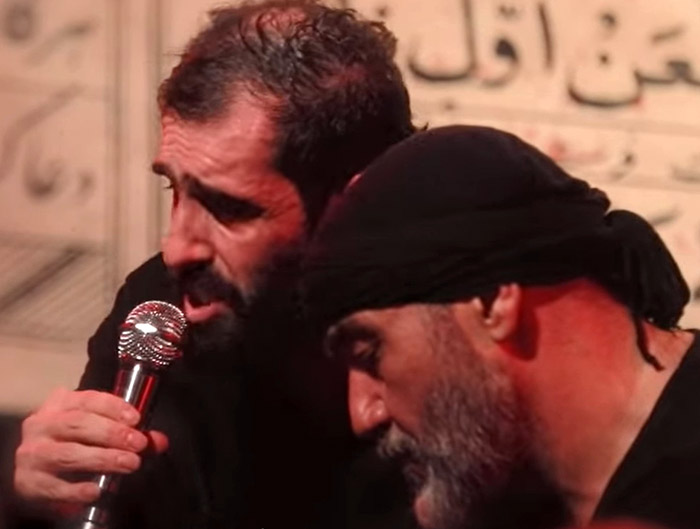Ayatollah Hashemi Rafsanjani: Legacy and Controversy Unveiled in the 7th Anniversary Ceremony
Ayatollah Hashemi Rafsanjani: Legacy and Controversy Unveiled in the 7th Anniversary Ceremony
In the conference hall of the Qom Prisoners Institute, the ceremony commemorating the seventh anniversary of Ayatollah Akbar Hashemi Rafsanjani’s passing took place. The event featured a significant speech by Ishaq Jahangiri, the former first vice president in the 11th and 12th administrations.
Notably, the ceremony sparked discussions and reactions, particularly regarding the statements made by Fatemeh Hashemi, the daughter of Ayatollah Hashemi Rafsanjani. In an interview with Etemad newspaper, she expressed concerns about the ambiguity surrounding the manner of her father’s death. Fatemeh Hashemi claimed that there were insinuations that her father’s death, officially attributed to natural causes, might have been orchestrated to appear that way intentionally.
Responding indirectly to these statements, Qomali Shamkhani, the former secretary of the Supreme National Security Council, took to social media, stating, “There is no ambiguity in the naturalness of the late Ayatollah Hashemi Rafsanjani’s death.”
Ayatollah Hashemi Rafsanjani’s Political Legacy
Ali Akbar Hashemi Bahramani Rafsanjani, born on August 25, 1934, was a prominent Iranian politician and writer. Serving as the fourth president of Iran from 1989 to 1997, Rafsanjani played a pivotal role in the Islamic Republic’s early years. A founding father of the regime, he held key positions such as the head of the Assembly of Experts and the chairman of the Expediency Discernment Council.
Throughout his 40-year political career, Rafsanjani wielded significant power, acting as the speaker of parliament, Commander-in-Chief during the Iran–Iraq War, and ultimately, choosing Ali Khamenei as the supreme leader of Iran.
January 13, 2024 | 11:57 am